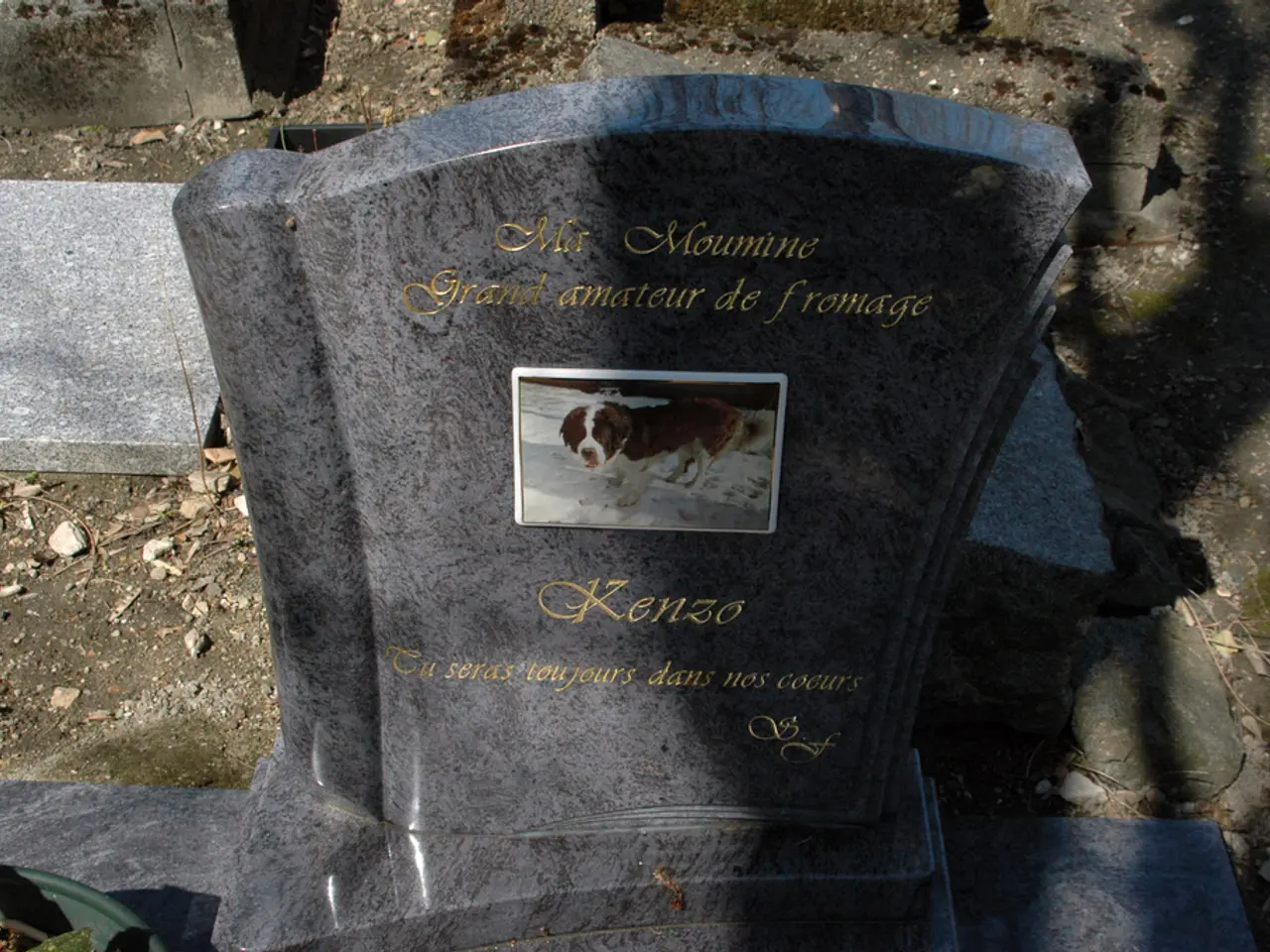Exploring the concept of an afterlife, as perceived by Sebastian Junger
Sebastian Junger, renowned journalist and author, recounts a profound and mysterious encounter with his deceased father in his memoir, "In My Time of Dying." During a life-threatening health crisis, Junger claims to have experienced his father above him, despite his father having passed away eight years prior[1][2].
This encounter forms part of Junger's broader exploration of mortality, consciousness, and the possibility of an afterlife. His near-death experience, along with previous brushes with death while reporting from war zones, has shaped his perspectives on life, death, and the unknown[1].
Near-death experiences (NDEs) like Junger's are not fully understood by science, but are often attributed to brain-based phenomena triggered by extreme physiological stress, oxygen deprivation, or neurological responses in life-threatening situations[1]. Common elements reported worldwide in NDEs include seeing tunnels of light, sensing presences of deceased loved ones, and out-of-body experiences[1].
Junger ponders the universality of such experiences across cultures and suggests that our understanding of reality might be incomplete, implying that these experiences could reflect a reality that science has yet to grasp[1]. In the context of war zones, where Junger has also faced numerous dangers, NDEs serve as a poignant reminder of the boundary between life and death amid trauma and fear.
In "In My Time of Dying," Junger delves deeper into the emotional and psychological effects of his experiences, both in war zones and in his personal life. He also shares insights from his interview with Anne Strainchamps about the challenges and rewards of journalism[3].
Despite his scientific background, Junger continues to search for a concrete explanation for his encounter with his dead father. His book, "In My Time of Dying," not only recounts this dramatic story but also discusses his ongoing quest for understanding[4].
References:
[1] Junger, S. (2019). In My Time of Dying: A Memoir. Grove Press.
[2] Strainchamps, A. (Interviewer) (2019, October 2). Sebastian Junger: A Life Beyond This Life [Radio broadcast]. Fresh Air. National Public Radio.
[3] Strainchamps, A. (Interviewer) (2020, March 30). Sebastian Junger: Beyond the Battlefield [Radio broadcast]. Fresh Air. National Public Radio.
[4] Junger, S. (2019, October 1). Sebastian Junger on 'In My Time of Dying': 'I've Always Been Interested in the Mysteries of Life and Death' [Interview]. The New York Times.
Science has not fully comprehended the phenomena related to near-death experiences (NDEs) like the one Sebastian Junger experienced, often attributing them to brain-based processes triggered during life-threatening situations. Echoing this sentiment, Junger continues to investigate and ponder on the mysteries of his encounter with his deceased father, questioning whether his understanding of reality might be incomplete, and if mental health therapies and treatments may unveil a reality yet unexplored by science.




